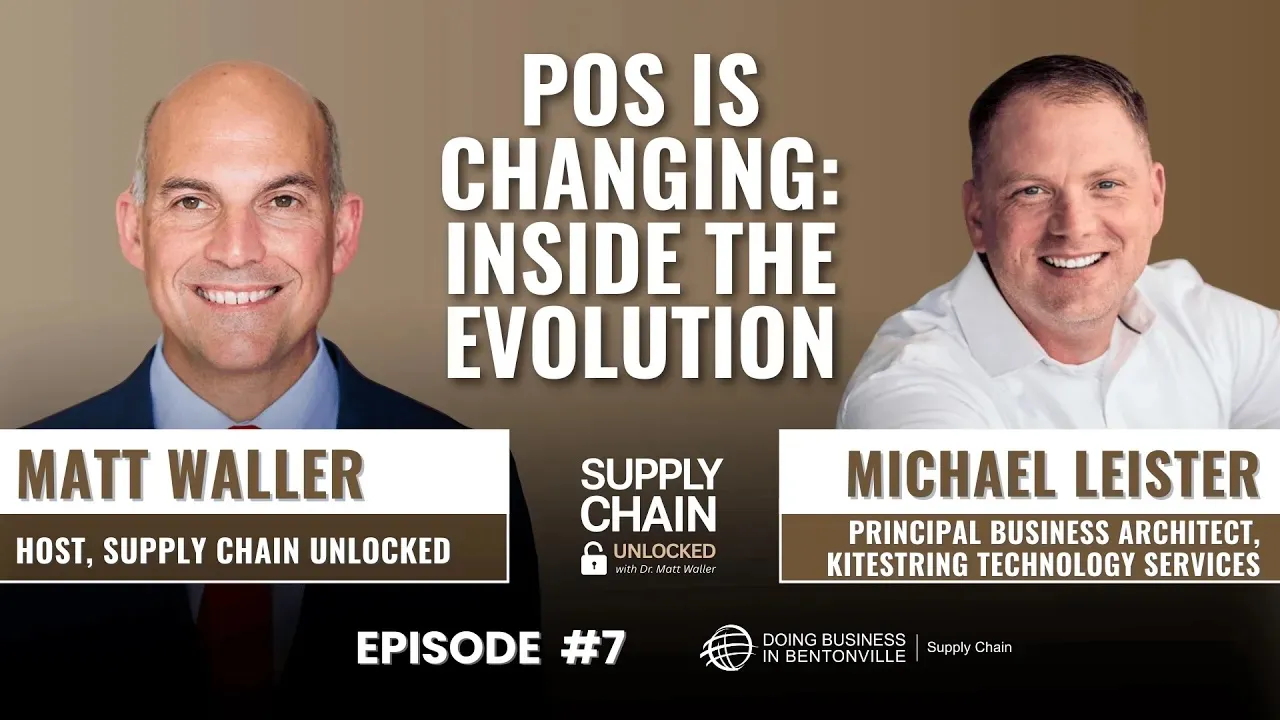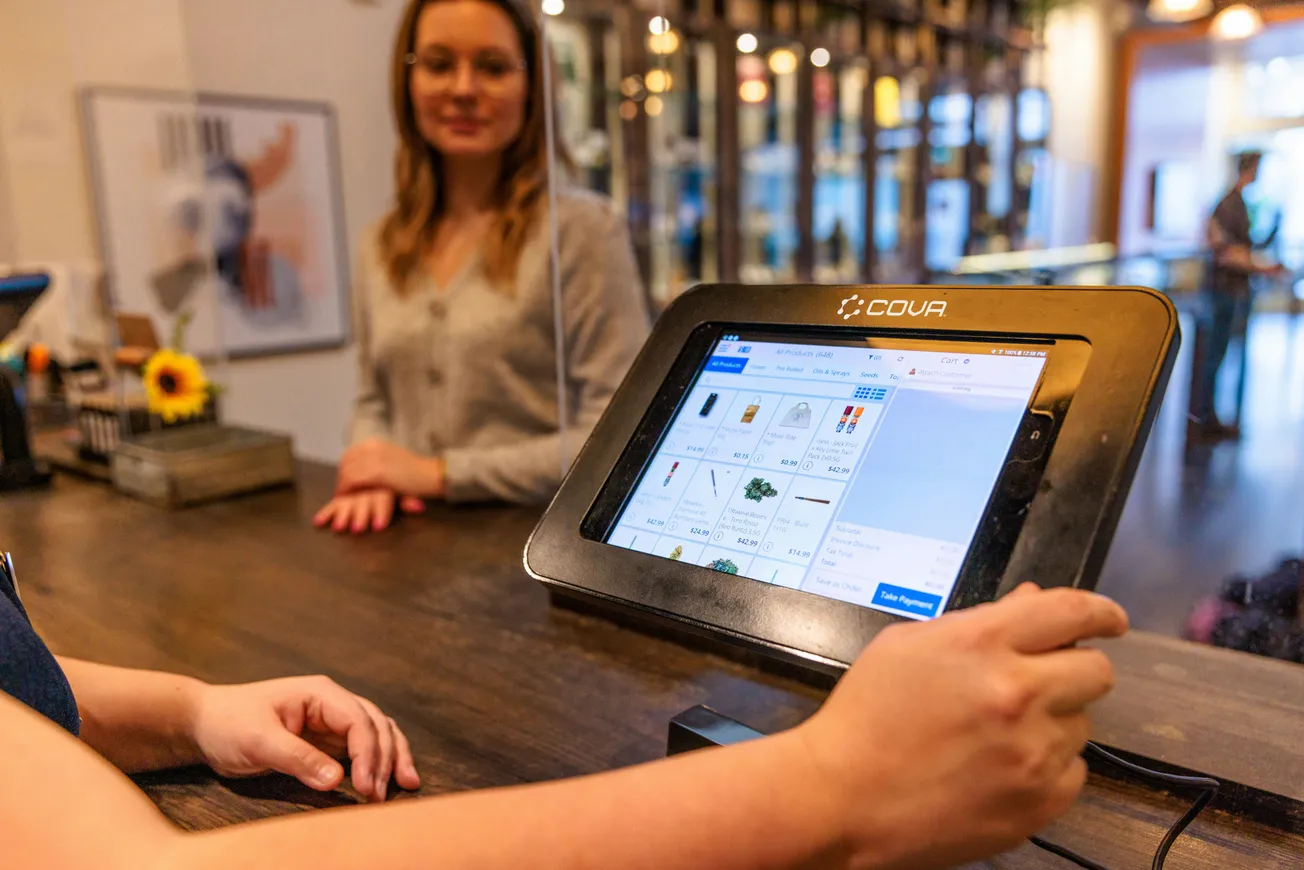In a recent episode of "Let’s Talk Supply Chain", host Audrey Ross sat down with Rose Genele, CEO of The Opening Door, to unpack the evolving role of AI, tariff engineering and wearable tech in the global supply chain.
Rose said AI is not just another tool, but it’s a transformative force reshaping both white-collar and blue-collar work. While tools like ChatGPT grab attention, understanding core technologies like neural networks and deep learning is essential for long-term integration.
Tariff Engineering Returns to the Spotlight
Companies are re-evaluating product design to fit into lower-tariff categories, a practice known as tariff engineering. Rose highlighted how material swaps like switching synthetic hoodie fabric to natural fibers can align both with trade efficiency and product enhancement.
As global tariffs fluctuate, businesses are leaning into smarter, design-led strategies to reduce costs.
Wearables: Booming Market, Complex Risks
With the wearable tech market projected to reach $256.4 billion by 2026, Rose urged caution. While wearables support health and wellness, they also raise data privacy concerns.
She said there is a heavy need for clear policies, especially as these devices collect real-time personal and workplace data. Leaders must guide adoption responsibly, balancing innovation with consumer protection.
Leading with Responsibility in AI Adoption
Rose shared a framework for responsible AI leadership: identify current tools, assign accountability, share cross-functional responsibility and establish clear guidelines. She reminded listeners that AI isn't just about IT – it's a company-wide cultural shift requiring ethical oversight.









